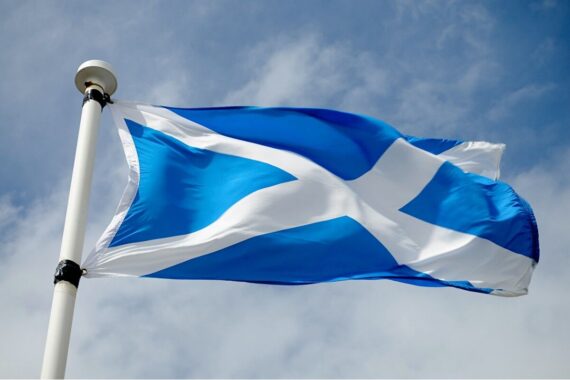The number of Scottish GPs is continuing to decrease, putting in question the Government’s ability to reach a target to boost the workforce.
A data release by NHS Education for Scotland showed that the GP headcount, which excluded trainees, went from 4,514 last year to 4,474 this year, a decrease of 0.9%, with full-time equivalent GPs also going down 0.4% from 3,493.9 to 3,478.4 in 2023.
RCGP Scotland warned that this is happening at a time when the number of registered patients in Scotland has increased by 2.1% over the past two years and that Scotland’s population is continuing to age, with a 50% increase in over-60s projected by 2033.
RCGP Scotland chair Dr Chris Provan said: ‘The data released lays bare the failure to adequately staff general practice in Scotland, and reflects the deeply challenging frontline environment in which GPs are currently working.
‘At a time of rising demand, a growing and aging population, and the long tail of Covid-19, it is highly worrying that the number of GPs in Scotland is on an opposite trajectory.
‘The Scottish Government is not on track to meet its commitment of 800 new GPs by 2027, having added only 271 in the past six years.
‘On behalf of our members and patients alike, RCGP Scotland continues to call for Scottish Government to address the profound issues of workforce, workload and welfare within general practice.
‘We will continue to work constructively with the Scottish Government towards a system which more accurately counts the GP workforce, rather than relying on estimates.’
Public Health Scotland said that estimated GP WTE decreased by 3.3% between 2019 and 2022.
This gap is due to some GPs reducing their number of sessions per week and GPs leaving the workforce who were delivering on average more sessions per week than the new GPs joining, according to the organisation.
Recently the Scottish Government announced ‘record levels of investment’ into medical training to create 153 new speciality posts, including 35 to train new GPs.
At the beginning of this month, Scotland’s LMCs declared the current GP model ‘broken’ and instructed its representatives to negotiate for full funding restoration.
Main points in full
- The GP Headcount (excluding Specialist Trainees) decreased from 4,514 in 2022 to 4,474 in 2023, a decrease of 0.9%
- GP whole time equivalent (excluding Specialist Trainees) decreased from 3,493.9 in 2022 to 3,478.4 in 2023, a decrease of 0.4%
- The overall number of GP sessions lost to absence in 2022/23 was around 10,000 lower than in 2021/22. Sessions lost to sickness absence have increased by a similar amount but this may be influenced by a change in reporting categories since the 2021/22 survey.
- GP practices in Scotland reported using 342 WTE Locums in 2022/23, the second highest number reported since this survey was first conducted in 2013.
- The estimated nurse headcount was 2,437, a 1% increase on the previous year. Nurse whole time equivalent also increased by 0.8% to 1,702.4.
- There was an overall reduction in estimated headcount and whole time equivalent for Health Care Assistants and Phlebotomists working in GP practices in Scotland. There were an estimated 442 Health Care Assistants in GP practices, equivalent to 288.1 WTE, and 84 Phlebotomists (45.9 WTE)
Source: NHS Education for Scotland


















READERS' COMMENTS [1]
Please note, only GPs are permitted to add comments to articles
I’ve said it so many times. The best paid job that no-one wants to do….